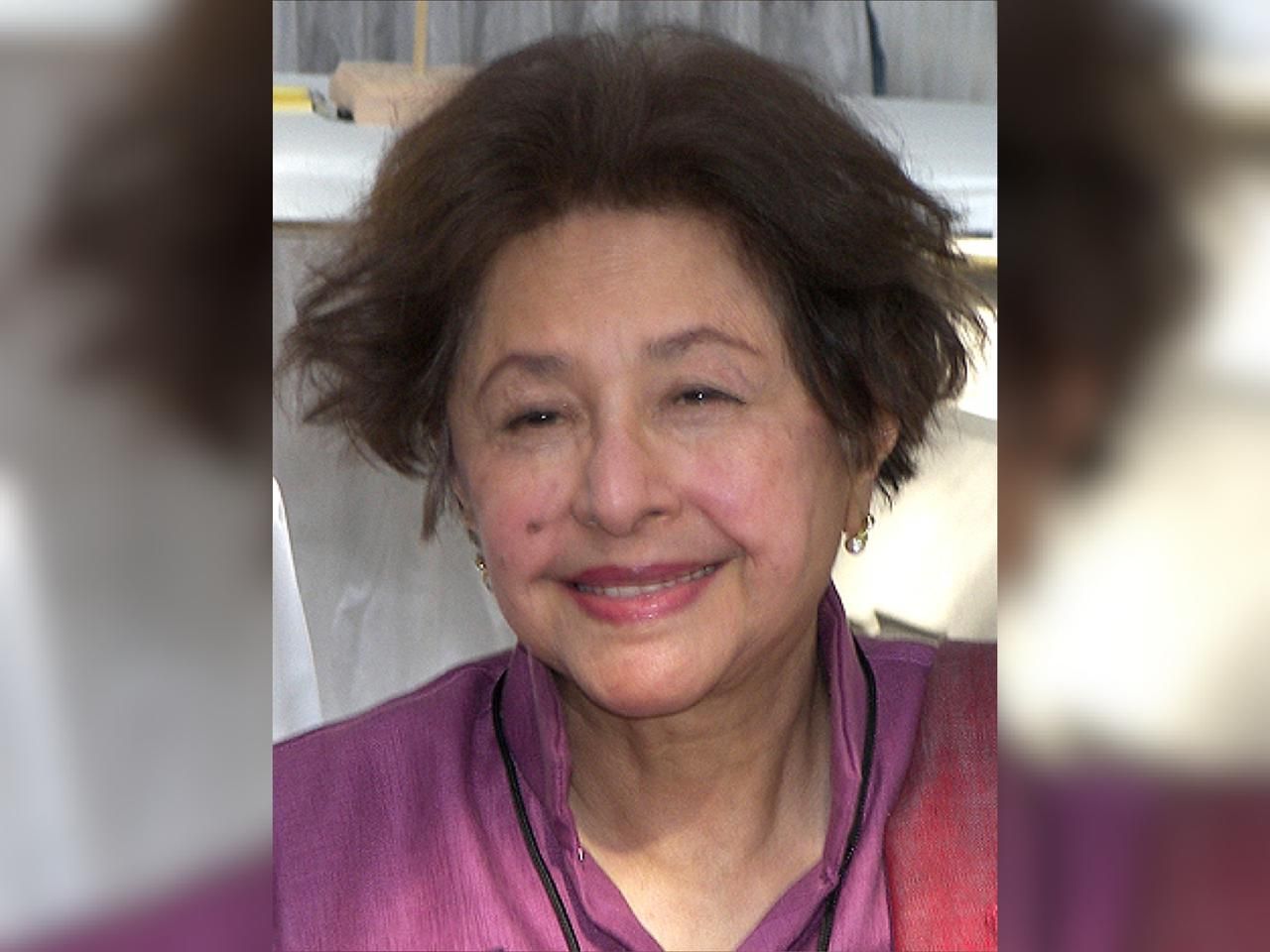
Bapsi Sidhwa, the pioneering Pakistani author whose vivid narratives explored the trauma of Partition and cultural identity, has passed away at 86. Her works, including Ice Candy Man, left an indelible mark on global literature.
Bapsi Sidhwa, the celebrated Pakistani author whose poignant exploration of the Partition of India captivated readers worldwide, has passed away at the age of 86 in Houston, Texas. She died on December 25, confirmed her daughter, Mohur Sidhwa, to AFP.
Born on August 11, 1938, in Karachi to a Parsi family, Sidhwa spent much of her youth in Lahore, a city that would later serve as the backdrop for many of her novels. Her writing, mostly in English, made her the first Pakistani author to gain significant international recognition and set the stage for a new wave of contemporary Pakistani authors writing in the language, including Kamila Shamsie and Mohammed Hanif.
Sidhwa’s most acclaimed work, Ice Candy Man (1988), later published as Cracking India, draws from her own experience growing up during the violence and upheaval surrounding the Partition of the Indian subcontinent in 1947. The novel tells the story of a young Parsi girl with polio, who witnesses the horrors of communal conflict firsthand. Sidhwa, who was herself polio-stricken, often spoke of the traumatic memories that inspired the book, such as an incident where she saw a body fall out of a sack, an image that haunted her from childhood.
The book’s impact transcended literature; in 1998, it was adapted into the critically acclaimed film Earth, directed by Deepa Mehta and starring Bollywood luminaries Aamir Khan and Nandita Das. In 2019, Ice Candy Man was included in the BBC's list of “100 most inspiring novels,” further cementing its place in literary history.
In addition to her seminal work on Partition, Sidhwa wrote several other notable novels. The Crow Eaters (1978) is a humorous yet sharp critique of a Parsi family's life in colonial India, while An American Brat (1993) follows the story of a young Parsi girl escaping the political turmoil of Pakistan under Zia-ul-Haq's dictatorship.
As a member of the Parsi community, followers of Zoroastrianism who migrated from Persia over a millennium ago, Sidhwa’s writing often explored themes of identity, migration, and cultural assimilation. The Parsi community, which once thrived in Pakistan, has seen its numbers dwindle due to ongoing emigration sparked by political instability.
Sidhwa’s impact extended beyond her literary works. After leaving Pakistan, she became a respected educator, teaching at institutions such as Columbia University, Mount Holyoke College, and the University of Houston. Her literary achievements were recognized with numerous accolades, including Pakistan’s Sitara-i-Imtiaz and Italy’s Mondello Prize for foreign authors in 2007.
With AFP



Comments